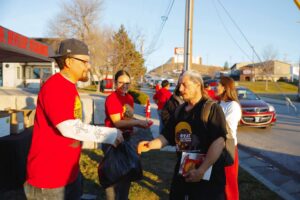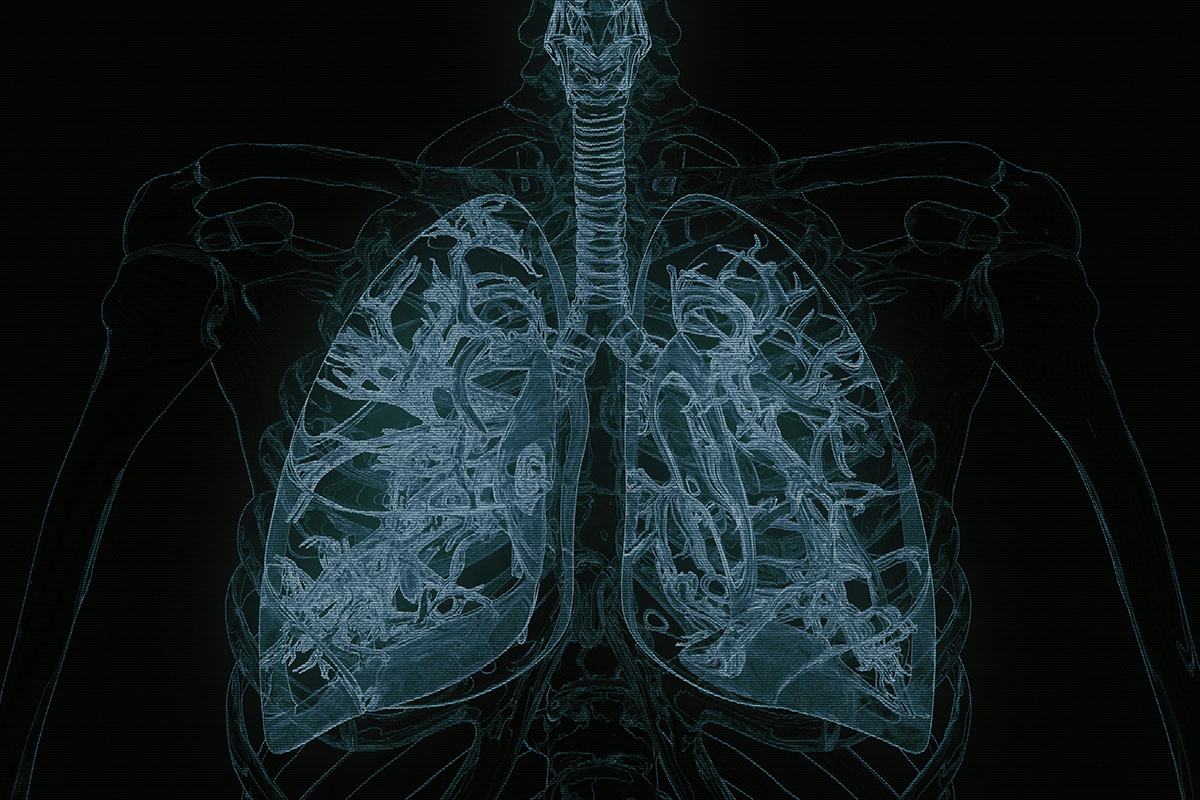The following is a transcript of the video above, from our webinar on “Remaking the Economy: Redefining Risk.” View the full webinar here.
Deborah Frieze: We mean two things when we say integrated capital. One is we mean every type of capital: equity, debt, grants, and everything in between. Guarantees, warrants royalty, finance, convertible notes—all of the tools that you could possibly have in the quiver. But we also mean financial capital, social capital, knowledge capital, all the capitals. And if we’re going to address the ecosystem gap, the reason that entrepreneurs of color and communities of color are not receiving the access to capital or the ownership and stewardship of resources to build wealth, we have to look at this sort of integrated capital to help solve the problem.
Sign up for our free newsletters
Subscribe to NPQ's newsletters to have our top stories delivered directly to your inbox.
By signing up, you agree to our privacy policy and terms of use, and to receive messages from NPQ and our partners.
It’s really about shifting from what I would call an economics of separation—which defines our current economic system, which sees us all as competitive, selfish, separate, and trying to win at the cost of everybody else losing—to an economics of relationship, where we recognize ourselves as cooperative, generous, and interdependent. We can rise and fall together. We work together. We’re connected to each other. And that is a shift to an intersectional or systemic lens, which is the opposite of conventional finance.











